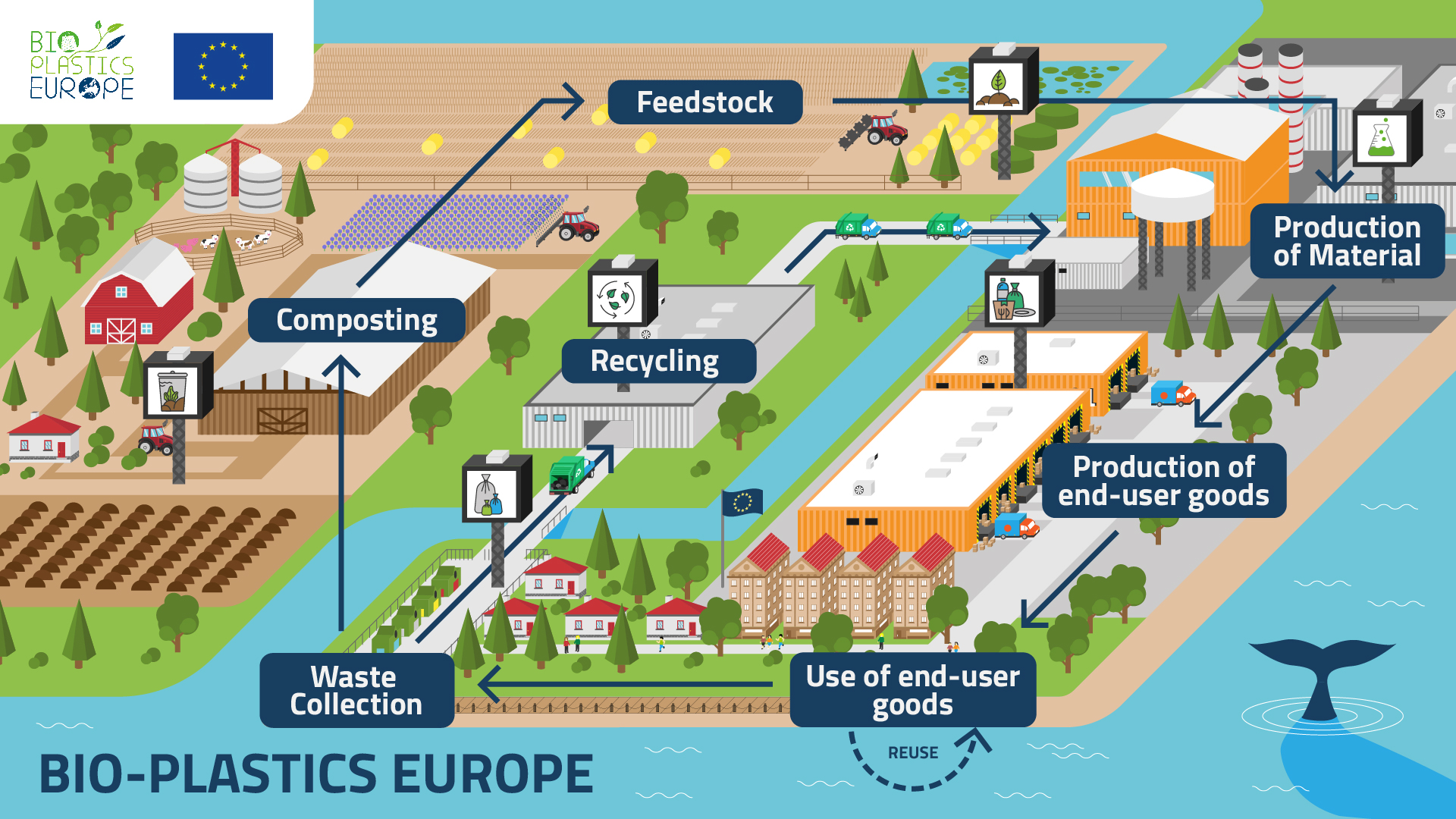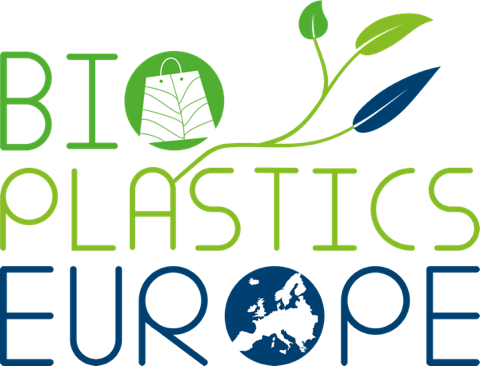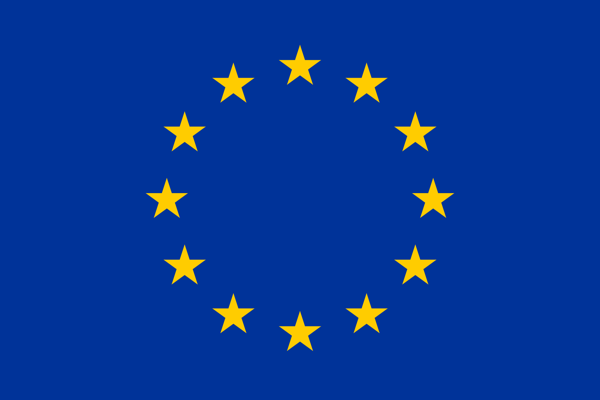Third BIO-PLASTICS EUROPE Newsletter
Eighteen months in, BIO-PLASTICS EUROPE partners have already published eleven research papers, developed five prototypes of bio-based plastics, initiated laboratory and field experiments and started developing a safety protocol for bio-based plastic products to guide both companies and policymakers, all that while engaging stakeholders from the entire bio-based plastics supply chain. We invite you to learn more about our work and objectives in this and the next five articles. Enjoy reading!
By Cintia Nunes, HAW Hamburg, Germany

Identifying suitable alternatives to conventional plastic is part of the European strategy to reduce plastic waste and foster the transition towards a circular economy. BIO-PLASTICS EUROPE is making valuable contributions towards reaching this goal. The project has by now developed eight alternative materials to conventional plastics. Eleven research papers have been published by project partners and are available at our Downloads page.
This is the first of a series of six articles providing insights on the project's progress towards reaching two of our science-based objectives: understanding the impacts of bio-based plastics on ecosystems by conducting experiments in the field and in the laboratory, and building bio-based plastics safety and sustainability frameworks.
Field tests are being conducted by consortium partners in Italy, Germany, Sweden and Poland on land, in rivers and in marine environments (Mediterranean and North Sea). Controlled conditions tests are being conducted by teams in Estonia, Finland, Germany and Italy. Tests on uptake and effects on marine biota are being conducted by our partners in Germany, Poland and Sweden. All tests are currently running, and we are happy to inform that there is none or little delay attributable to the current COVID-19 pandemic.
Why do we pursue these experiments? One of the most important reasons for conducting them is to assess whether the bio-based plastic prototypes are biodegradable, which means they would not add to the plastic littering problem. Equipped with scientific evidence, the consortium will then be able to formulate sound EU policy recommendations.
Apart from the science background, we intend to formulate policy-making recommendations with inputs of stakeholders from across the supply chain, ranging from feedstock producers to final consumers and compost/recycling firms. BIO-PLASTICS EUROPE is also set to deliver a “Bioplastics Safety Protocol”, defining product-specific testing procedures for bio-based plastic toys, food packaging and industrial equipment for shipping, fishing and aqua-culture. The purpose of such a document is to make sure that no harmful substances are released as part of the use and end-of-life management of bio-based and biodegradable plastics.
The next post in this series, by Stefano Gianazzi, will explain how nine of our partners managed to agree on how to test the bio-based plastic compounds in the laboratory and in the field.


